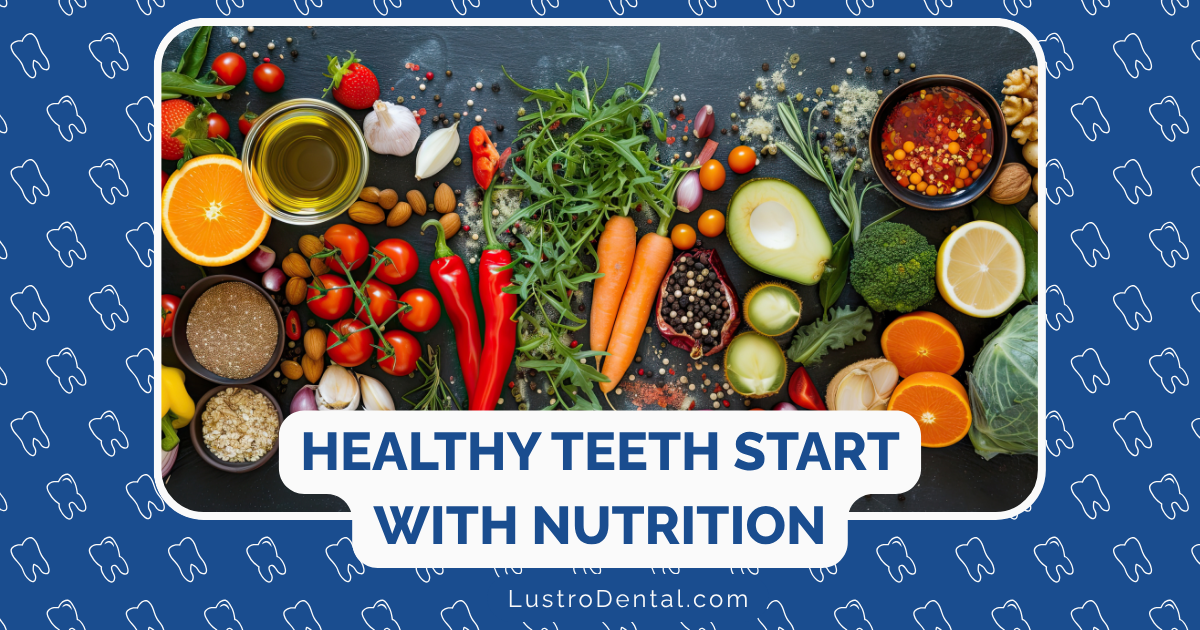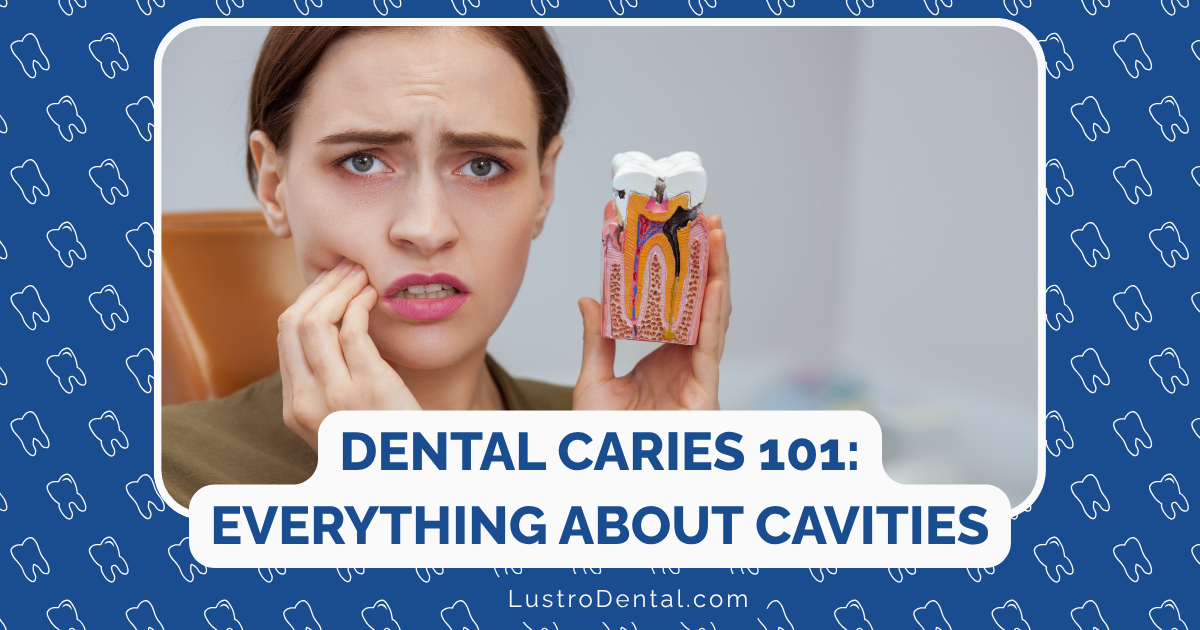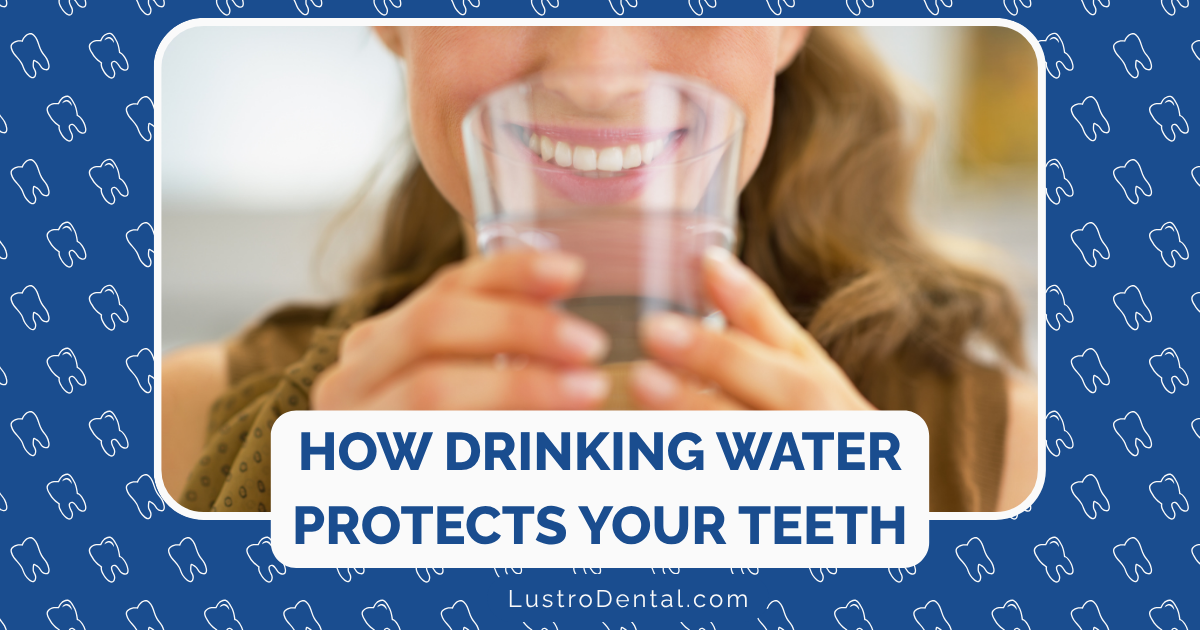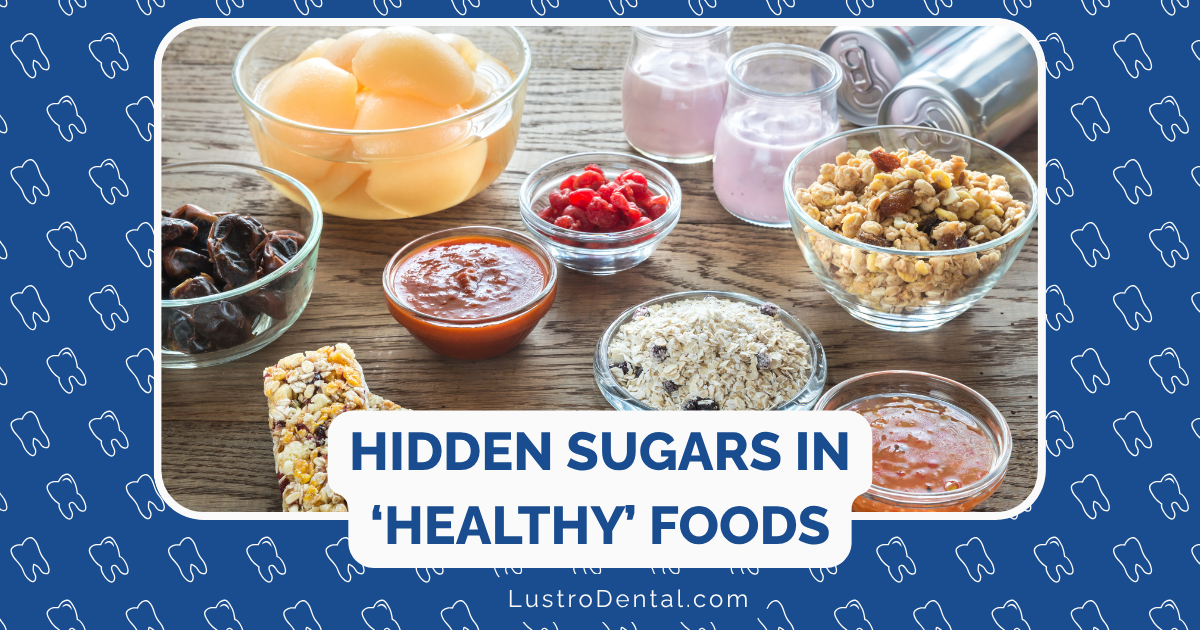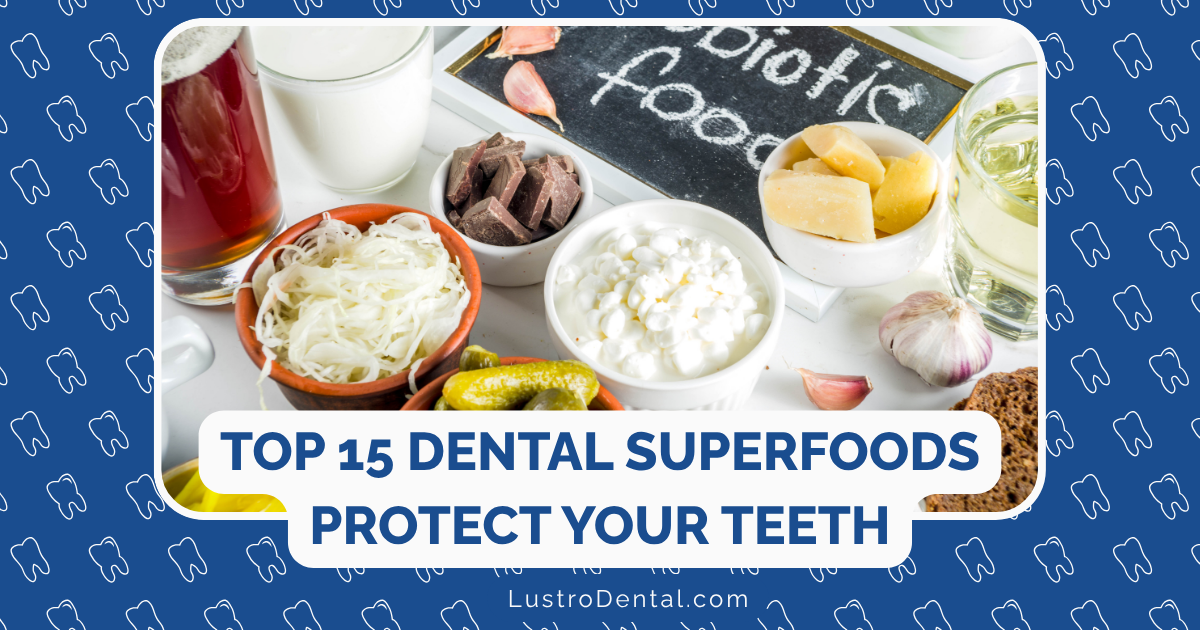Eating for Dental Health: A Week-Long Meal Plan for Stronger Teeth
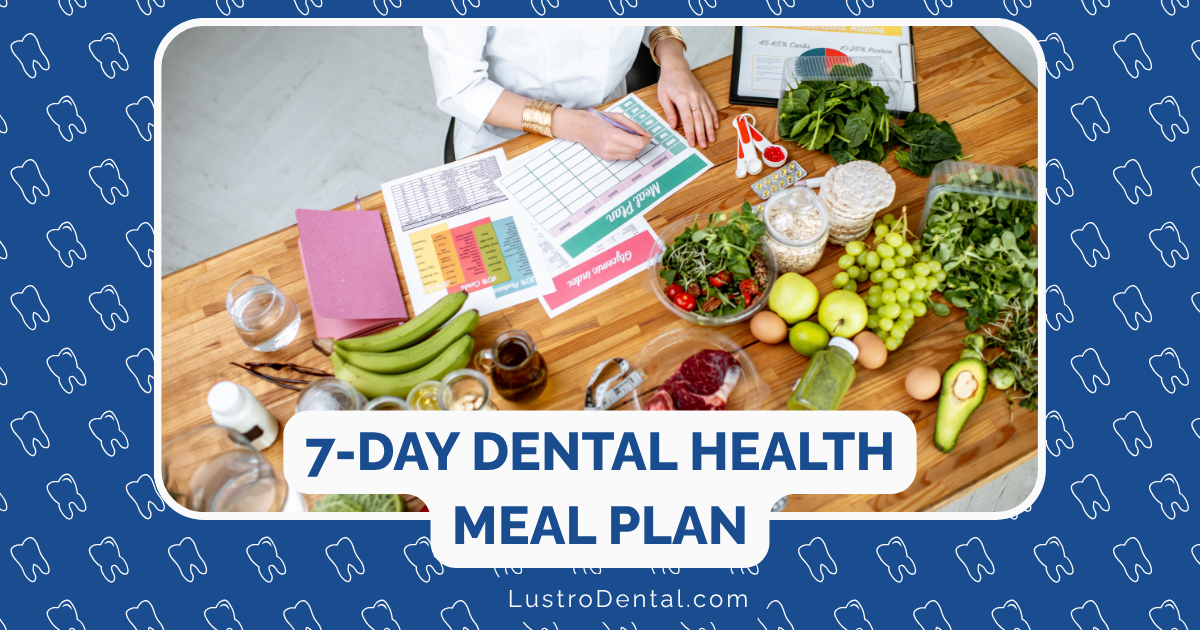
When we think about caring for our teeth, brushing, flossing, and regular dental check-ups usually come to mind first. But there’s another powerful tool in your dental health arsenal that deserves just as much attention: your diet. What you eat doesn’t just fuel your body—it directly impacts the strength, resilience, and longevity of your teeth and gums.
As someone passionate about preventive dental care, I’ve seen how dietary choices can transform oral health. The right foods provide the essential nutrients your teeth need to stay strong while creating an environment in your mouth that discourages decay and disease.
In this comprehensive guide, I’ll share the science behind nutrition for dental health and provide a practical, delicious week-long meal plan designed specifically to strengthen your teeth and support overall oral wellness. These meals aren’t just good for your smile—they’re satisfying, nutritious, and simple to prepare.
The Mouth-Nutrition Connection: How Food Impacts Your Dental Health
Before diving into meal planning, it’s important to understand how nutrition affects your teeth and gums. According to the American Dental Association, the foods you eat interact with your oral health in several key ways:
1. Building Strong Tooth Structure
Your teeth need specific nutrients to maintain their structural integrity:
- Calcium: The primary building block of tooth enamel and dentin
- Phosphorus: Works with calcium to form the hydroxyapatite crystals that give teeth their strength
- Vitamin D: Essential for calcium absorption and utilization
- Vitamin K2: Helps direct calcium to bones and teeth where it’s needed
2. Supporting Gum Health
Healthy gums provide the foundation for healthy teeth, requiring:
- Vitamin C: Critical for collagen production and tissue healing
- Omega-3 fatty acids: Help reduce inflammation in gum tissue
- Zinc: Supports immune function and wound healing
- Coenzyme Q10: Promotes cellular energy production in gum tissue
3. Creating a Mouth-Friendly Environment
Some foods influence the oral environment itself:
- Fibrous foods: Stimulate saliva production, nature’s own tooth cleaner
- Probiotics: Support beneficial oral bacteria that crowd out harmful species
- Polyphenols: Found in tea, berries, and other plant foods, they help inhibit bacteria that cause decay
- Water: Rinses away food particles and keeps tissues hydrated
4. Minimizing Harmful Influences
What you don’t eat is just as important as what you do eat:
- Sugars and refined carbohydrates: Feed harmful bacteria that produce tooth-damaging acids
- Acidic foods and beverages: Can erode tooth enamel when consumed frequently
- Sticky foods: Cling to teeth, prolonging acid exposure
With these principles in mind, let’s explore the best foods for dental health that form the foundation of our meal plan.
Dental Superfoods: The Building Blocks of Our Meal Plan
Our week-long meal plan incorporates these dental health powerhouses:
Calcium Champions
- Dairy products: Milk, cheese, yogurt (especially plain)
- Leafy greens: Kale, collard greens, bok choy
- Almonds and seeds: Especially chia and sesame
- Canned fish with bones: Sardines, salmon
Phosphorus Providers
- Eggs: A complete protein with phosphorus
- Lean meats: Chicken, turkey, lean beef
- Fish: Especially salmon and tuna
- Nuts and seeds: Pumpkin seeds, sunflower seeds
Vitamin D Dynamos
- Fatty fish: Salmon, mackerel, sardines
- Egg yolks: Particularly from pasture-raised hens
- Fortified foods: Milk, orange juice, cereals
- Mushrooms: Especially those exposed to UV light
Gum-Supporting Superstars
- Citrus fruits: Oranges, grapefruits, kiwis
- Bell peppers: All colors, but especially red
- Berries: Strawberries, blueberries, raspberries
- Broccoli: Rich in vitamin C and fiber
Natural Tooth Cleaners
- Crunchy vegetables: Carrots, celery, cucumber
- Crisp fruits: Apples, pears
- Nuts: Almonds, walnuts
- Fibrous greens: Lettuce, spinach
Saliva Stimulators
- Fibrous foods: Require more chewing
- Sugar-free gum: Especially with xylitol
- Spices: Ginger, cinnamon
- Herbs: Parsley, mint
Now, let’s put these dental superfoods into action with a practical, delicious week-long meal plan.
Your 7-Day Dental Health Meal Plan
Monday: Build a Strong Foundation
Breakfast: Calcium-Boosting Overnight Oats
- ½ cup rolled oats soaked in milk or calcium-fortified plant milk
- 1 tablespoon chia seeds
- ¼ cup plain Greek yogurt
- ½ cup berries
- 1 tablespoon chopped almonds
Lunch: Phosphorus-Rich Chicken Salad
- 3 oz grilled chicken breast
- 2 cups mixed greens
- ¼ cup cherry tomatoes
- ¼ avocado
- 1 oz feta cheese
- Olive oil and lemon dressing
Dinner: Salmon with Roasted Vegetables
- 4 oz baked salmon (rich in vitamin D, phosphorus, and omega-3s)
- 1 cup roasted broccoli
- ½ cup roasted sweet potatoes
- Lemon-herb seasoning
Snack: Tooth-Cleaning Apple and Cheese
- 1 crisp apple, sliced
- 1 oz aged cheddar cheese
Hydration Focus: Fluoridated water throughout the day (at least 8 glasses)
Why This Works: This day establishes a strong nutritional foundation with all the core nutrients for dental health—calcium, phosphorus, and vitamin D—while incorporating crunchy foods that help clean teeth naturally.
Tuesday: Gum Health Spotlight
Breakfast: Vitamin C Power Smoothie
- 1 cup spinach
- ½ cup strawberries
- ½ kiwi
- 1 tablespoon ground flaxseed
- 1 cup plain yogurt
- ¼ cup orange juice
Lunch: Rainbow Salad with Eggs
- 2 hard-boiled eggs
- 2 cups mixed colorful vegetables (bell peppers, carrots, cucumber)
- ½ cup chickpeas
- 1 tablespoon sunflower seeds
- Light vinaigrette dressing
Dinner: Turkey and Vegetable Stir-Fry
- 3 oz lean ground turkey
- 1 cup bok choy
- ½ cup bell peppers
- ½ cup broccoli
- 1 clove garlic (antibacterial properties)
- Ginger-soy sauce
- Served with ½ cup brown rice
Snack: Crunchy Vegetables with Hummus
- Celery and carrot sticks
- 2 tablespoons hummus
Hydration Boost: Green tea (1-2 cups, unsweetened)
Why This Works: Tuesday focuses on gum health with foods rich in vitamin C and anti-inflammatory compounds, while incorporating crunchy vegetables that stimulate saliva and help clean teeth.
Wednesday: Mineral Maximizer
Breakfast: Spinach and Feta Omelet
- 2 eggs
- 1 cup sautéed spinach
- 1 oz feta cheese
- Herbs to taste
- Served with 1 slice whole grain toast
Lunch: Sardine Toast
- 1 slice whole grain bread
- ¼ can sardines with bones (calcium powerhouse)
- Thin slices of cucumber
- Squeeze of lemon
- Side of cherry tomatoes
Dinner: Stuffed Bell Peppers
- ½ cup cooked quinoa
- 2 oz lean ground beef
- ¼ cup black beans
- ¼ cup corn
- Diced tomatoes and onions
- Stuffed in a whole bell pepper
- 1 oz shredded cheese on top
Snack: Mineral-Rich Trail Mix
- 1 tablespoon almonds
- 1 tablespoon pumpkin seeds
- 1 tablespoon dried cranberries (unsweetened)
- 1 tablespoon dark chocolate chips (70%+ cocoa)
Hydration Focus: Mineral water with a squeeze of lemon
Why This Works: Wednesday maximizes mineral intake with foods rich in calcium, phosphorus, and trace minerals that support tooth remineralization and strength.
Thursday: Enamel Protection
Breakfast: Probiotic Parfait
- 1 cup plain Greek yogurt
- 1 tablespoon honey
- ½ cup fresh berries
- 1 tablespoon sliced almonds
- Sprinkle of cinnamon
Lunch: Tuna Salad Lettuce Wraps
- 3 oz canned tuna
- 1 tablespoon olive oil mayo
- Diced celery and onion
- Wrapped in large romaine lettuce leaves
- Side of cherry tomatoes
Dinner: Phosphorus-Rich Lentil Soup
- ½ cup cooked lentils
- Diced carrots, celery, onions
- 1 cup vegetable broth
- Herbs and spices to taste
- Served with 1 oz cheese on top
- Side of steamed broccoli
Snack: Cheese and Whole Grain Crackers
- 1 oz aged cheese (cheddar, gouda)
- 4-5 whole grain crackers
Hydration Boost: Chamomile tea (helps neutralize acids in the mouth)
Why This Works: Thursday focuses on foods that help protect tooth enamel, including those rich in calcium and phosphorus, while avoiding highly acidic options.
Friday: Anti-Inflammatory Focus
Breakfast: Anti-Inflammatory Turmeric Scramble
- 2 eggs scrambled with turmeric and black pepper
- ½ avocado
- 1 slice whole grain toast
- Sprinkle of hemp seeds
Lunch: Omega-3 Rich Salmon Bowl
- 3 oz canned or leftover salmon
- ½ cup brown rice
- ¼ cup shredded carrots
- ¼ cup cucumber
- ¼ avocado
- Sesame-ginger dressing
Dinner: Mediterranean Plate
- 3 oz grilled chicken
- ½ cup tabbouleh (parsley is great for fresh breath)
- ¼ cup hummus
- Cucumber and bell pepper slices
- 2-3 olives
- Small piece of whole grain pita
Snack: Kiwi and Yogurt
- 1 kiwi (extremely high in vitamin C)
- ½ cup plain Greek yogurt
Hydration Focus: Water infused with mint (freshens breath naturally)
Why This Works: Friday incorporates anti-inflammatory foods that support gum health and reduce inflammation throughout the oral cavity.
Saturday: Remineralization Day
Breakfast: Mineral-Rich Breakfast Hash
- 1 small sweet potato, diced and roasted
- 2 oz ground turkey sausage
- 1 cup sautéed kale
- 1 egg, fried or poached
- Sprinkle of nutritional yeast (B vitamins)
Lunch: Bone-Building Chicken Soup
- 1 cup chicken soup made with bone broth
- Diced carrots, celery, onions
- ½ cup shredded chicken
- ¼ cup brown rice
- Fresh herbs
Dinner: Tooth-Strengthening Seafood Dinner
- 4 oz white fish (cod, halibut)
- ½ cup roasted Brussels sprouts
- ½ cup quinoa
- Lemon-dill sauce
- Side salad with olive oil dressing
Snack: Calcium-Rich Chia Pudding
- 2 tablespoons chia seeds
- ½ cup milk or fortified plant milk
- ½ teaspoon vanilla extract
- Sprinkle of cinnamon
- Small handful of berries
Hydration Boost: Coconut water (natural electrolytes)
Why This Works: Saturday focuses on foods rich in minerals that help remineralize tooth enamel, including calcium, phosphorus, and trace minerals.
Sunday: Balance and Enjoyment
Breakfast: Dental-Friendly Breakfast Tacos
- 2 small corn tortillas
- 2 scrambled eggs
- 1 oz cheese
- ¼ avocado
- Salsa (not too acidic)
- Cilantro and lime
Lunch: Nutrient-Dense Grain Bowl
- ½ cup farro or barley
- 2 oz grilled chicken or tofu
- Roasted vegetables (carrots, broccoli, bell peppers)
- 1 tablespoon pumpkin seeds
- Light vinaigrette dressing
Dinner: Family-Friendly Pasta Night
- 1 cup whole grain pasta
- Tomato sauce with hidden vegetables
- 2 oz lean ground turkey
- 1 oz Parmesan cheese
- Side salad with olive oil dressing
Snack: Yogurt-Dipped Berries
- ½ cup mixed berries
- 2 tablespoons plain Greek yogurt
- Drizzle of honey
- Sprinkle of cinnamon
Hydration Focus: Herbal tea and plenty of water
Why This Works: Sunday brings balance with family-friendly options that still support dental health, showing that eating for stronger teeth doesn’t have to mean sacrificing enjoyment.
Practical Tips for Implementation
Meal Prep Strategies
- Batch cook proteins: Prepare chicken, turkey, or fish in larger quantities to use throughout the week.
- Pre-chop vegetables: Have tooth-friendly crunchy vegetables ready to grab.
- Make overnight oats or chia pudding: Prepare several days’ worth at once.
- Cook extra grains: Brown rice, quinoa, and farro keep well in the refrigerator.
Smart Swaps for Dental Health
- Instead of soda: Sparkling water with a splash of juice
- Instead of candy: Fresh fruit with yogurt dip
- Instead of crackers: Sliced vegetables with hummus
- Instead of sugary breakfast cereal: Homemade granola with nuts and seeds
- Instead of dried fruit: Fresh fruit that cleans teeth as you eat
Timing Matters
Dr. Sarah Chen of the American Academy of Pediatric Dentistry notes: “When you eat is almost as important as what you eat. Consuming sweets or acidic foods as part of a meal rather than as a snack causes less harm to teeth because more saliva is produced during meals, helping to wash away food particles and neutralize acids.”
Consider these timing strategies:
- Eat sweets with meals rather than as separate snacks
- Finish meals with tooth-friendly foods like cheese or raw vegetables
- Allow at least 2 hours between eating sessions to give saliva time to neutralize acids
- Drink water after eating when you can’t brush
Beyond Diet: Complementary Oral Health Habits
While this meal plan provides a solid foundation for dental health, it works best when combined with:
- Proper brushing technique: Twice daily with fluoride toothpaste
- Daily flossing: To remove food particles between teeth
- Regular dental check-ups: At least twice yearly
- Adequate hydration: Water throughout the day
- Limited snacking: Reducing the frequency of acid attacks
- Avoiding tobacco and excessive alcohol: Both significantly impact oral health
The Bottom Line: Consistency Is Key
Remember, no single food or meal will transform your dental health overnight. It’s the consistent pattern of nutrient-dense, tooth-friendly foods—combined with good oral hygiene—that builds stronger teeth over time.
Dr. Michael Roberts, professor of preventive dentistry at Boston University Dental School, explains: “The cumulative effect of your daily food choices has a profound impact on oral health. Just as erosion happens gradually, strengthening happens gradually too. Small, consistent choices add up to significant benefits.”
This meal plan isn’t meant to be followed rigidly forever—rather, use it as a template to understand what a tooth-friendly diet looks like. Adapt it to your preferences, seasonal availability, and cultural foods while maintaining the principles of dental nutrition.
Your smile is worth the effort. After all, strong teeth aren’t just about aesthetics—they’re about maintaining the ability to enjoy nutritious foods throughout your lifetime, supporting overall health and quality of life.
Bon appétit to better dental health!
What’s your favorite tooth-friendly food? Have you noticed improvements in your dental health after changing your diet? Share your experiences in the comments below!


